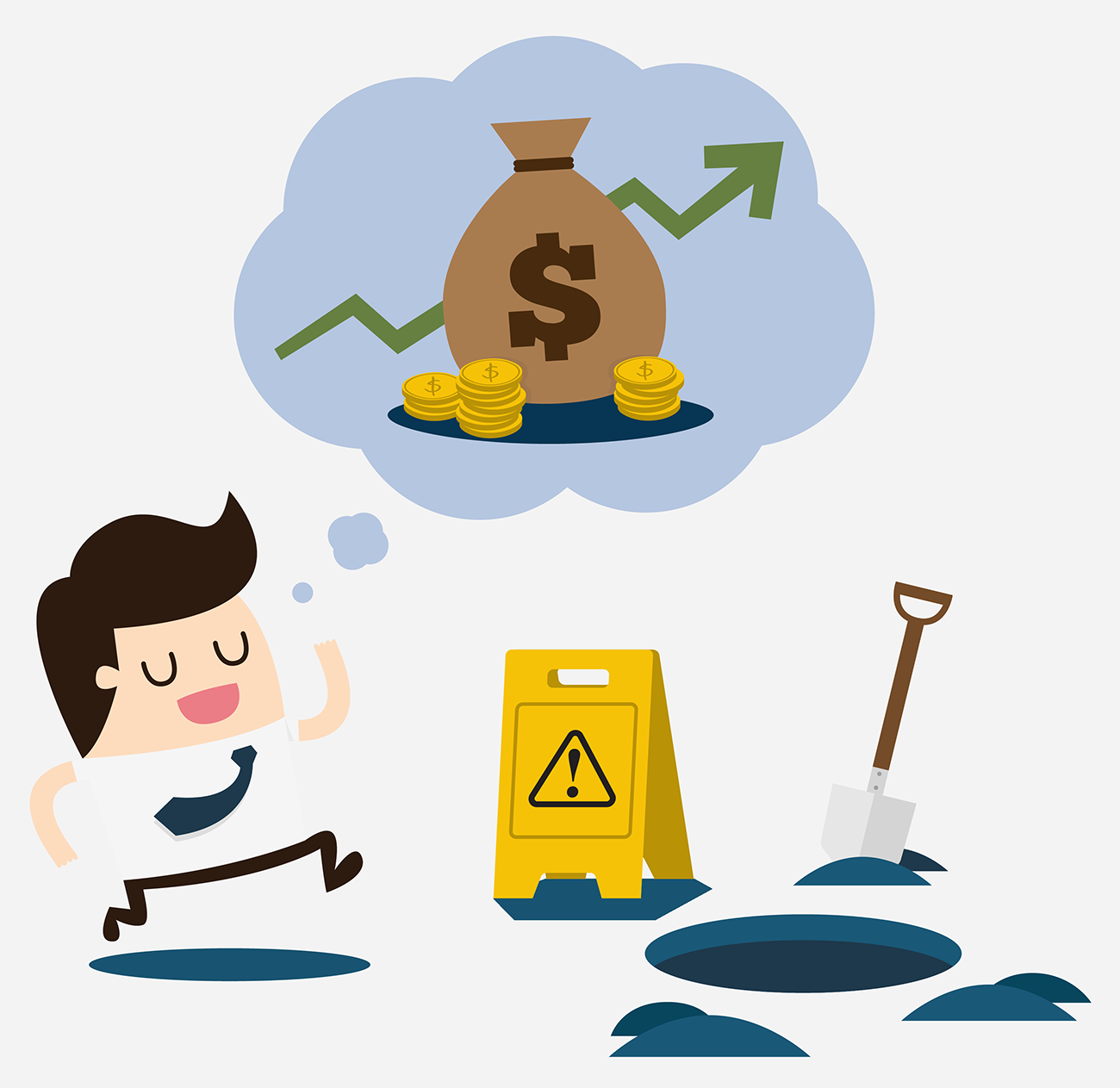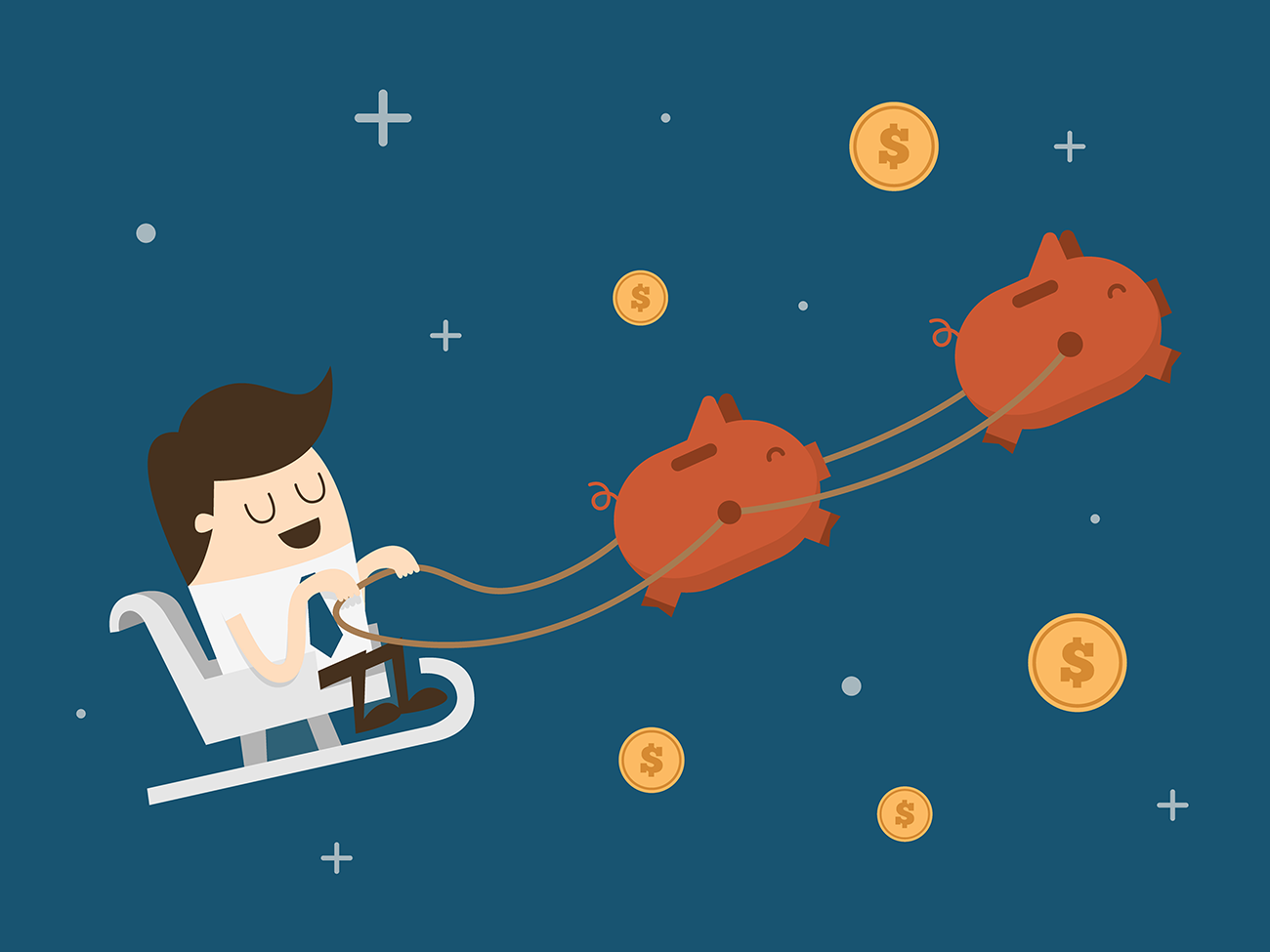
Purchasing a home is a long-term commitment. It's a milestone that signifies you're ready to fulfill financial goals.
Paying off a mortgage requires responsible income management and stable finances. But even with plenty of funds for down payment, closing costs and other fees, many borrowers don't know they can use other resources to secure a loan.
The good news is you can greatly benefit from 'mortgage reserves' when you apply for a housing loan.
Here's what you need to know about mortgage reserves, why they are essential, and how you can use them to your advantage.

Mortgage reserves are savings balances that will be there after you close on your home purchase.
Regarded as emergency funds, in the event of huge income loss or unemployment, reserves assure lenders that you will be able to continue making payments to afford your loan. Essentially, your mortgage reserves are cash funds you can tap when needed.
Measured in months, mortgage reserves are the housing costs borrowers can cover with their savings. For instance, if you have $7,500 in savings after completing a home purchase, and your housing costs including PITI (principal, interest, taxes and insurance) are $1,500 per month, that means you have 5 months' worth of mortgage reserves.
Most borrowers usually do not need mortgage reserves to purchase a house. If you have stable finances and a solid loan application, you likely don't need them. However, reserve money is always wiser to have especially during emergencies.
Though it is an unusual aspect of the loan application process, it is beneficial to have them particularly if you have imperfect credit standing.

If you are applying for a conventional loan, cash reserves are useful after paying the down payment. The majority of banks require at least 2 months of housing loans with PITI in liquid reserves. Other assets that are easily converted to cash are called liquid reserves.
For instance, let's say your monthly housing loans with PITI is $1,600 per month, you will need $3,200 in liquid assets for 2 months. If you cannot present this amount, your loan application may be declined.
Note that there are mortgage programs that obligate borrowers to give at least 6 to 12 months of reserves. This is common for people on a salary or who are self-employed, as well as for borrowers buying rental estates or those with a number of financed properties.
Moreover, some borrowers cannot simply take mortgage reserves when they need cash. If your credit score is below 660 or your down payment is small, you will benefit from mortgage reserves to secure your primary residence.

Lenders usually prefer reserves in cash. However, not all home buyers may have reserve cash after making a down payment.
As an alternative, liquid assets that can easily be converted to cash may function as reserves. These include borrowed funds, money from cash-out real estate settlements and real estate equity. Other acceptable sources of liquid reserves include:
Take note: Borrowed money can become an acceptable mortgage reserve only after around 2 to 3 months. When you declare a personal loan as debt, your lender counts its payment in your debt-to-income ratio. Borrowers can then consider the earnings of that loan in their savings. Once this occurs, the funds are counted as ‘seasoned' assets.

Requirements depend on your lender and type of loan program. Other factors include property type, credit score and loan-to-value ratio (LTV) for a non-Jumbo conforming loan, which are typically backed by Freddie Mac and Fannie Mae.

Conventional Loans
May entail zero to 6 months of reserves, depending on a borrower's credit score, debt-to-income ratio and loan-to-value ratio.
FHA Loans (Federal Housing Administration)
Reserves are usually needed if you are financing a 3 or 4 unit property with an FHA loan. However, it's best to inquire with your lender to know if they have different rules. Meanwhile, 1 to 2 unit housing does not require mortgage reserves.
VA Loans (U.S. Department of Veteran Affairs)
VA loans also typically do not require mortgage reserves, unless you need financing for a 3 or 4 property unit using rental income to apply.
USDA Loans (U.S. Department of Agriculture)
USDA loans do not require reserves no matter how large the property.

Throughout the loan application process, mortgage lenders commonly ask for 2 months' worth of bank statements. During this time, it's important to pull together seasoned and sourced assets.
These types of assets consist of paychecks and deposited earnings that you depend on in a daily basis. Maintaining seasoned assets entail avoiding excess expenses during your mortgage application, which is typically a 60-day period.
During this time, it's wiser to avoid making unusually hefty deposits. Tip: Make large deposits months before applying for a loan. Large deposits might prompt your underwriter to ask for a letter of explanation. If this occurs, failure to provide justification might result in mortgage denial.
This kind of asset usually comes as gift money. Provide your lender with proper proof that you received it as a gift. The money should not be a personal loan—banks want to make sure you are not taking in additional debt.
Lenders also confirm if you have a stable savings pattern, verifying that you can manage your income and pay large loans.

Even with low credit standing, mortgage reserves help you qualify for a loan.
Mortgage finance platform Ellie Mae states that almost 30% of loan applications do not close. However, compensating factors such as mortgage reserves can mean the difference between being declined or approved for a loan.
Typically, lenders review the projected monthly housing cost including PITI and other fees such as flood insurance, homeowners' association (HOA) fees, etc.
Though reserves aren't always required for loan eligibility, they significantly offset risk factors for marginal borrowers. Compensating factors can influence loan decisions, making mortgage reserves important in assessing marginal loans in relation to debt-to-income ratio (DTI) and residual income.
Lenders reduce risk by imposing minimum requirements for down payments and credit scores. Nonetheless, including reserves in loan applications provide lenders with ‘peace of mind' when they back borrowers with low credit scores.
Even if you have good credit standing, lenders want assurance you can continue making payments in case of job loss and other adverse circumstances. Having mortgage reserves ensures you will not fall into a mortgage default.
Additional mortgage reserves also help debtors qualify for more favorable housing programs. Aside from having a financial safety net, these funds allow you to pay less for a home.

Before applying for a home loan, be sure to factor in mortgage reserves into your budget. Estimate how much income you will need, from down payment and closing costs, all the way to PITI and other fees.
To help calculate your finances and compare terms, use our mortgage calculator.
After computing your projected monthly payment, multiply it by two to obtain the minimum mortgage reserve requirement.
Remember, having mortgage reserves make you more eligible for better loan programs. It's a practical resource particularly for borrowers with low credit scores.
The Federal Reserve has hinted they are likely to taper their bond buying program later this year. Lock in today's low rates and save on your loan.
Are you paying too much for your mortgage?
Check your refinance options with a trusted El Monte lender.
Answer a few questions below and connect with a lender who can help you refinance and save today!